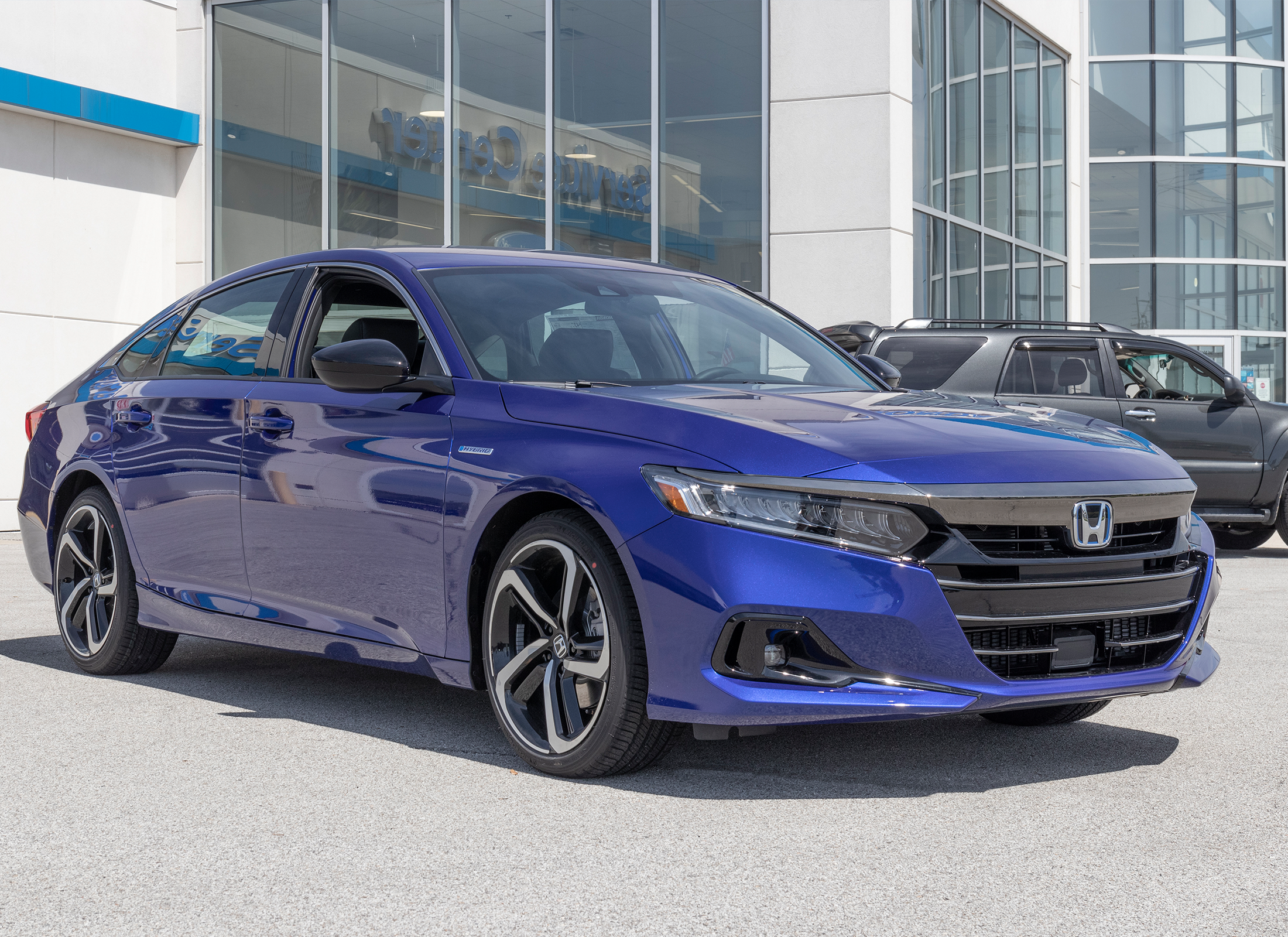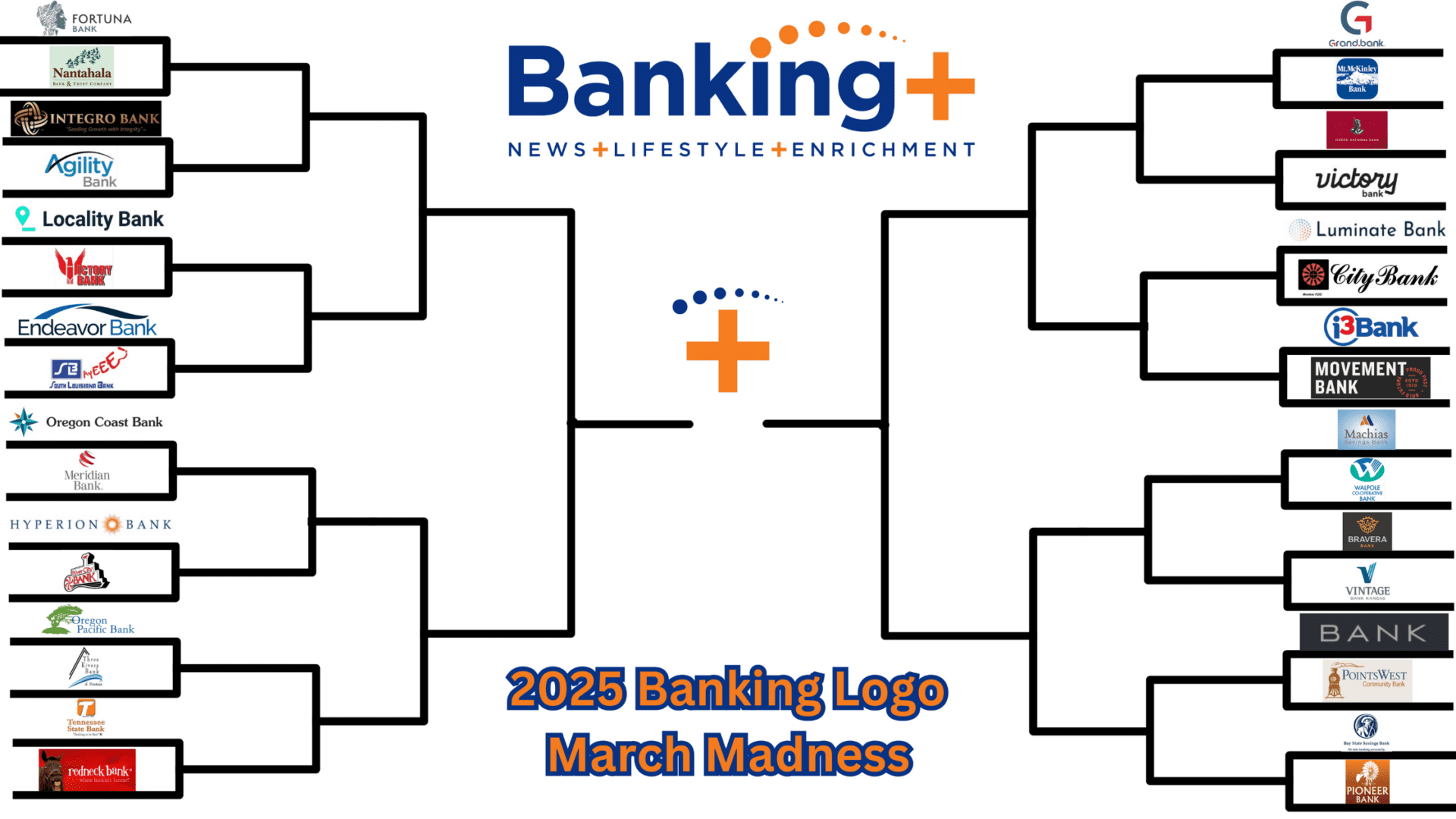Lenders who look at the personal assets of high-net-worth individuals may make certain creditworthy assumptions about their finances. But according to Chicago loan refinancing firm Auto Approve, theorizing about personal wealth based on car-buying habits may be unwise.
Business theorist and writer Thomas J. Stanley reported that the vehicles that wealthy people drive aren’t always Lamborghinis and Rolls-Royces. Many wealthy car buyers chose affordable cars and brands at much lower price points.
Surprising Car Brand Preferences of the Wealthy
Stanley ranked the most popular car brands purchased by millionaires:
His data showed that wealthier individuals are more likely to buy a Ford (No. 3) than a Mercedes (No. 10). And that some luxury manufacturers (Audi, for instance), didn’t crack the top ten at all.
Insights into High-Net-Worth Individuals’ Car Preferences
Stanley then dug further to reveal the specific cars financial heavy hitters seem to prefer (at least at the time of his research):
- Jeff Bezos ($198.6 billion net worth) drives a Honda Accord (MSRP: $31,000)
- Steve Ballmer (Los Angeles Clippers owner with a net worth of $144 billion) pilots a Ford Fusion (MSRP: $35,000)
- Larry Page (Google cofounder worth $124 billion) has a Toyota Prius (MSRP: $32,490) in his garage
- Mark Zuckerburg’s $28.1 billion net worth has purchased himself an Acura TSX (MSRP $57,000)
- Warren Buffet ($16 billion net worth) sits behind the wheel of a Cadillac XTS (MSRP $50,190)
Consider these dichotomies in light of the banking industry. If an average bank CEO drives a Chevy Tahoe, his or her median annual salary of $179,000 supports an average SUV’s MSRP of $48,000. The vehicle represents 26.8 percent of the bank leader’s yearly earnings.
Understanding High-Net-Worth Individuals’ Rational Car Choices
The research also revealed — thanks to the work of Sarah Stanley Fallaw, daughter of Thomas J. Stanley — why such economically advantaged individuals choose such ordinary vehicles. She arrived at several explanations:
- Frugality. Value-shopping may seem counterintuitive to a well-off consumer; however, one method of retaining wealth is to watch expenditures carefully. Rich people can work to stay rich by not splurging on a luxury car whose upkeep, insurance, and fuel (among other road costs) can be considerable.
- Depreciation. The steep depreciation of automobiles makes them an asset of questionable value. Financially savvy consumers, opting for investments that appreciate (like real estate), are hesitant to sink their cash into a declining-value purchase like an expensive car.
- Privacy. Fancy cars on the street denote owners with the means to purchase and maintain them, the exact demographic prone to fraud, theft, or frivolous lawsuits. An average-looking car aids in the ability to travel incognito.
More on the car-buying habits of the wealthy can be found at Auto Approve.



















